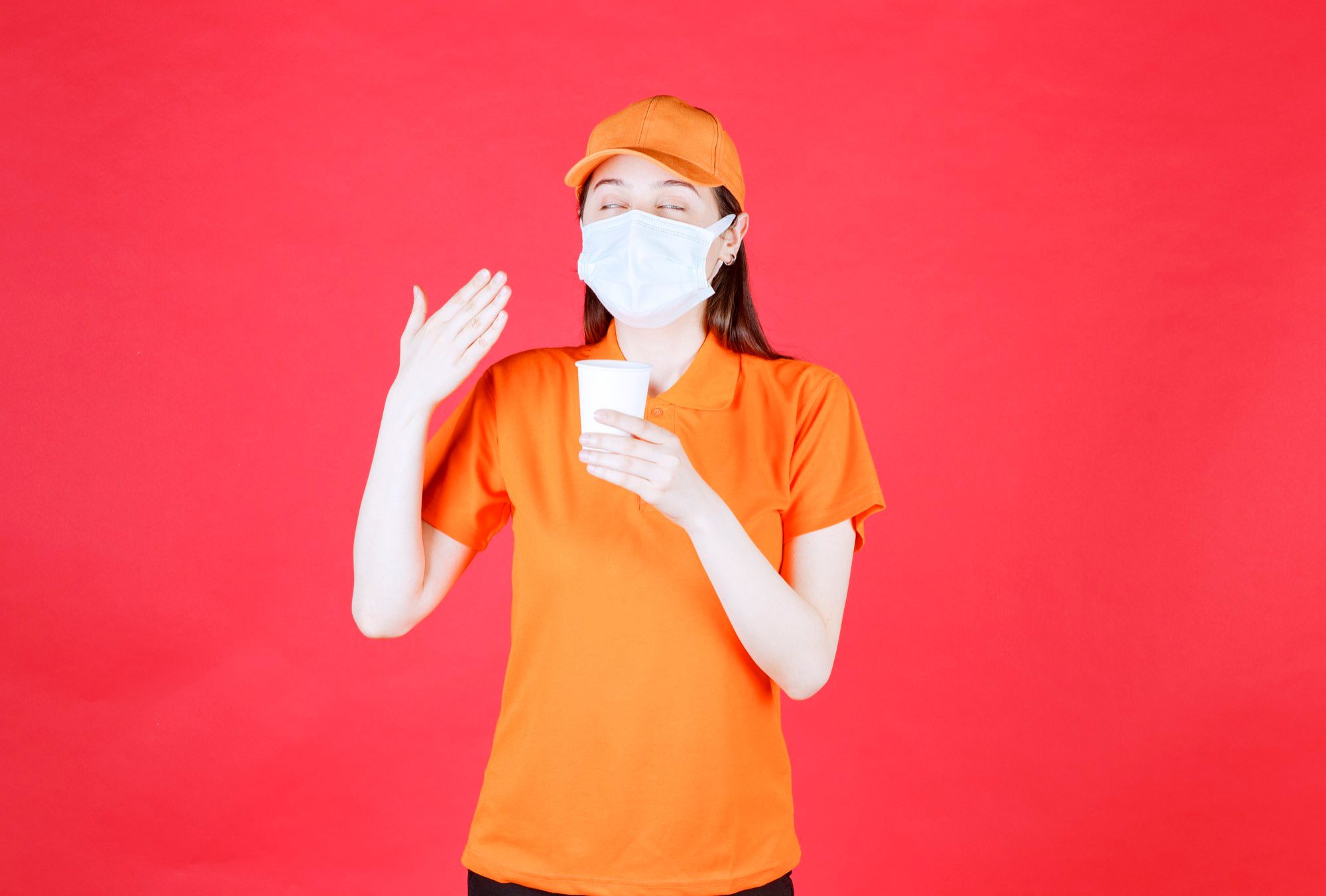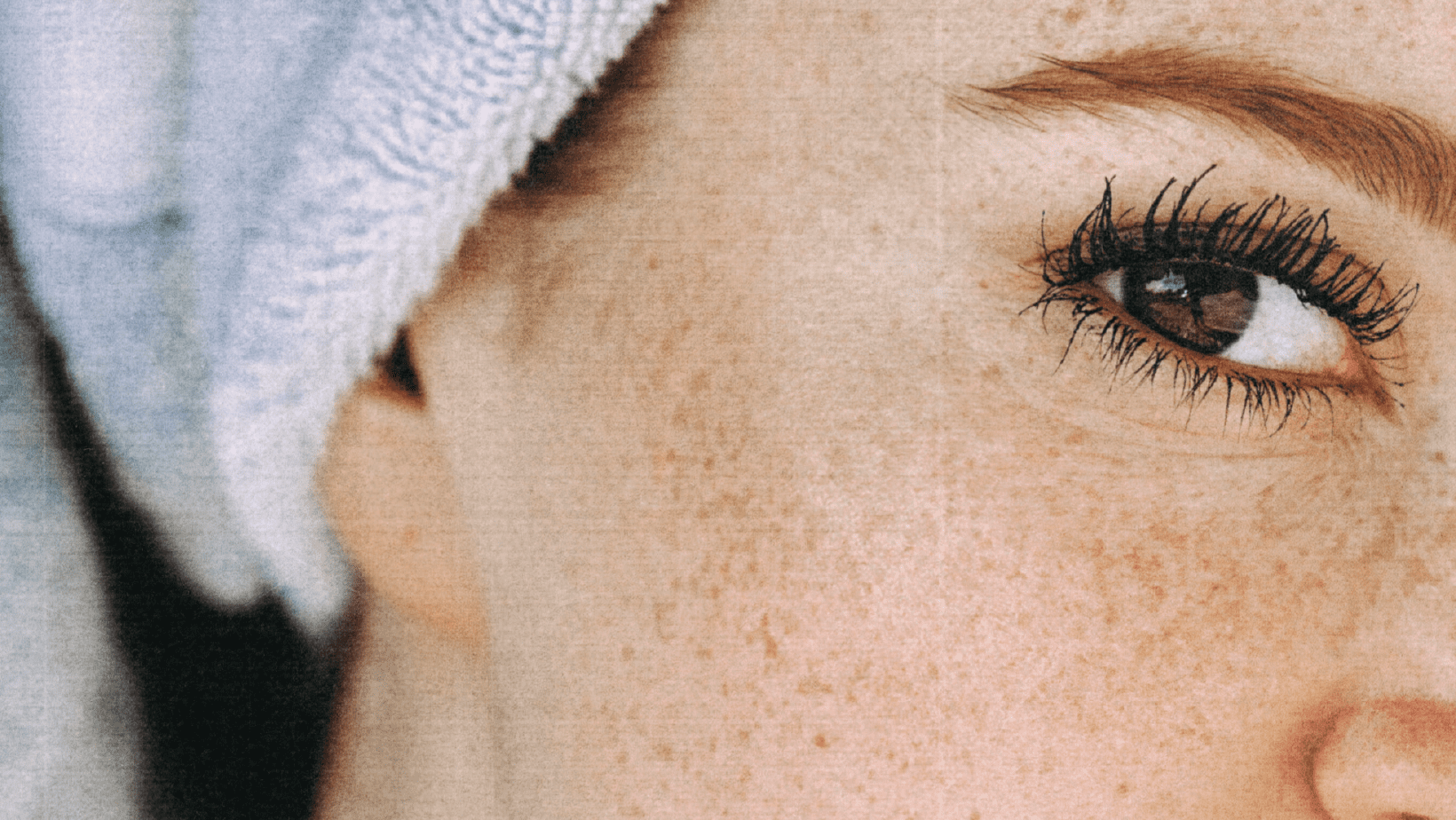Hiccups are an inescapable reality for every one of us, with no exceptions. For most people, they are a source of mild annoyance. For others, however, hiccups are disruptive, and for a few of us, they are downright dangerous. They typically go away quickly, but hiccups can sometimes persist for days or weeks, hampering our daily lives.
Hiccups happen when the diaphragm contracts involuntarily and the vocal cords close, causing a sound to be produced. But why do we hiccup in the first place? The ultimate purpose of hiccuping is, oddly enough, unknown. Despite being able to observe many hiccup causes, researchers do not know for sure how hiccups benefit the human body. However, understanding the causes of hiccups can help prevent their occurrence and better protect your health.
What Are the Main Hiccup Causes?
One thing scientists do know about hiccups is that their origin is not onefold. Many different factors can trigger hiccups, with some of the common causes including:
- Drinking too much of a carbonated or alcoholic beverage;
- Overeating or eating too quickly;
- Swallowing air;
- Sudden changes in temperature.
The common factor in many hiccup causes relates to the diaphragm. When the diaphragm is irritated, the body responds with hiccups.
Hiccup causes in adults overlap significantly with hiccup causes in children. However, the only causes that are exclusive to adults relate to activities children cannot and should not indulge in, such as smoking or drinking.
Very young children may hiccup more frequently than adults. Infants can be particularly prone to overeating and frequently experience reflux, both of which can trigger bouts of hiccups. Thus, it can seem alarming when an adult hiccups frequently or for an extended period of time.
Why Do I Hiccup Randomly?
Hiccups are not genuinely random. While hiccup causes might not be immediately evident, they do exist. If you appear to hiccup randomly, the underlying cause might be a little harder to pinpoint, such as:
- Psychological factors (e.g., stress and anxiety);
- Sudden irritation of the diaphragm or the nerves that communicate with it;
- Other disorders that can affect the central nervous system.
Why Do I Hiccup So Much While Pregnant?
If you often hiccup while pregnant, rest assured that there is a reason for your symptoms. Throughout pregnancy, hiccups can be caused by other typical symptoms, such as nausea, shortness of breath or stress.
Hiccuping is not dangerous to developing babies, but it can become problematic if it prevents mothers from eating or sleeping. You should take steps to protect your health if you hiccup so much that you cannot sleep or eat while pregnant. In many cases, diet modifications can reduce nausea, helping you hiccup less often.
Pregnancy also puts patients at greater risk for chronic hiccups because it can trigger intense and lasting nausea. You should seek medical attention if you hiccup for more than 48 hours while pregnant, especially if your hiccups disrupt your ability to sleep or eat.
Why Do I Hiccup After Drinking Soda?
There’s no secret anymore that gulping down a soda can send people into an endless bout of hiccups. But why? The explanation is straightforward. When you drink soda, you ingest CO2 (i.e., carbon dioxide), and researchers believe that the extra gas irritates your diaphragm when it stretches your stomach, causing you to hiccup.
It is normal to hiccup after drinking soda, so those who do should not be concerned. Drinking soda can also lead to prolonged and intense hiccuping without indicating any underlying medical conditions. However, if you experience hiccups that last for over 48 hours, you should ensure that your hiccups aren’t a symptom of other, more severe issues.
Why Do I Hiccup Every Day?
If you hiccup on a daily basis, you might be wondering: is it normal? The answer is that it depends on the duration of your hiccups. If you hiccup a few times every day, particularly after consuming carbonated beverages or eating heavily, it is unlikely that your hiccups are symptoms of a serious medical condition.
However, hiccuping every day without pauses or for more than 48 hours is abnormal. You should seek medical attention if you hiccup so often that you are having trouble eating or sleeping. Likewise, hiccups lasting more than two days can indicate an underlying medical condition that may require treatment.
When Are Hiccups Dangerous?
Hiccups become dangerous when they persist for too long and disrupt patients’ lives. Sometimes, bouts of hiccups can last for more than 48 hours or even months, which are referred to as chronic, and one lasting for over two days but less than a month is categorized as persistent. In such cases, they can interfere with routine activities like sleeping, eating or even breathing, resulting in excessive weight loss and exhaustion.
Excessive Hiccup Causes
Excessive hiccup causes include:
- Common triggers (e.g., overeating);
- Drinking too much of an alcoholic or carbonated beverage;
- Swallowing air.
However, chronic hiccups can also signify a serious underlying medical condition:
- The vagus or phrenic nerves carry information between the brain and the diaphragm. As a result, irritation or damage to them can trigger hiccups.
- Your acid reflux might also be indirectly causing hiccups if it is severe enough to irritate your diaphragm. Gastroesophageal reflux disease (GERD) can be a trigger for chronic hiccups. On the other hand, your hiccups might be causing acid reflux in the first place, so you should be sure to seek treatment for any underlying conditions responsible for both hiccups and reflux.
- Excessive hiccups could also be caused by central nervous system disorders. Since hiccups are involuntary reflexes, they can be triggered by damage to the systems that normally regulate them. A stroke or a traumatic brain injury might cause damage that could lead to excessive hiccups. Conditions like meningitis can also cause lasting brain damage, leading to extended bouts of hiccups.
- In some cases, metabolic disorders, such as diabetes and kidney diseases, can lead to hiccups.
- Finally, medications can trigger hiccups. Steroids, barbiturates, tranquilizers and anesthesia are known to cause hiccups.
A Parting Reminder
In most cases, hiccups are harmless and even amusing. But when they last for more than 48 hours, they become a symptom of something more severe. Therefore, it is essential to seek medical attention if your hiccups last longer than two days and cannot be attributed to a more common cause.
You are what you eat, which is why both healthy and junk foods will leave a clear mark on your body. Your body is like a machine that needs all kinds of nutrients to function correctly, and the food you eat will heavily influence the type and quality of these nutrients. Some of these essential nutrients are amino acids, whose roles inside the human body differ based on their importance.






0 Comments